Home » Dr. Mohammad Iqbal Irfany, SE, MAppEc
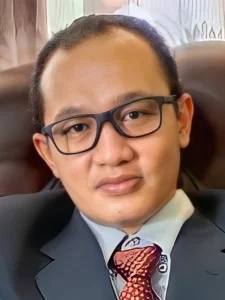
| Year | Title |
| 2024 | Dampak Keuangan Syariah Terhadap Perubahan Iklim: Analisis Data Panel pada Negara Organisasi Kerjasama Islam, BIMA-Riset 2024, Ketua Tim |
| 2024 | Strategi Penguatan STEM untuk Meningkatkan Inovasi dan Produktivitas Industri dalam Mendukung Pertumbuhan Ekonomi Indonesia, Research Grant Bank Indonesia (RGBI), Anggota Peneliti. |
| 2023 | Penerapan Teknologi Pertanian Terintegrasi dalam Mewujudkan Pesantren yang Tangguh, Ekonomi Mandiri, Insan Sejahtera dan Lingkungan Berkelanjutan. IPB University – PT Adaro Indonesia, Ketua Tim |
| 2023 | Rencana Induk Pengabdian Masyarakat, DPMA IPB. Ketua Tim Perumus |
| 2023 | Kajian Dampak Kedaireka Matching Fund 2022 (Kemendikbudristek), Ketua Tim Ahli |
| 2022 | Data Desa Presisi: Kajian Ekonomi dan Sosial. Mamuju Sulawesi Barat. Pemprov Sulbar – IPB University |
| 2022 | Perluasan Kerja Berbasis Kawasan (PKK-BK), Kabupaten Bener Meriah, Aceh. Kemenakertrans – IPB University. |
| 2022 | Indonesia Halal Industry Masterplan (Masterplan Industri Halal Indonesia (MPIHI)), KNEKS-DEKS BI-SB IPB. |
| 2021 | Citizen Satisfaction Survey on SP4N Lapor. UNDP Indonesia and PT Primakelola IPB. |
| 2020 | L-SIR: a COVID-19 epidemic model with loss aversion features.
Financial and Economic Data Science. |
| 2020 | Study on Alternative Products (Extract and Essence) of Tobacco. |
| 2019 | Increasing the Resilience of the Food Systems in Islamic Countries in Face of Future of Food Crises. Independent consultant of Dinarstandard (New York) for Indonesian Case Study, commisioned by The Standing Committee for Economic and Commercial Cooperation of the Organization of the Islamic Cooperation (COMCEC), the Organisation of Islamic Cooperation (OIC). |
| 2019 | Measuring Economic and Social Impact of Exports Credit Insurance of LPEI. (Pengukuran Dampak Ekonomi dan Sosial atas Fasilitas Asuransi Pembiayaan Ekspor per Sektor LPEI). Collaboration between Inter CAFE LPPM IPB and Lembaga Pembiayaan Ekspor Indonesia (LPEI) Eximbank |
| 2019 | Research on Partnership Schemes of Tobacco Farming (Kajian Kemitraan dalam Pertanian Tembakau). Collaboration between Faculty of Economics and Management IPB and Asosiasi Petani Tembakau (Tobacco Farmer Association). |
| 2017-2018 | Sustainability and profitability of cocoa-based farming systems in
Indonesia. Collaboration between IPB and the University of Sydney, funded by the Australia-Indonesia Centre (AIC). |
| 2017 | Kajian Bank Tabungan Negara (BTN) Housing Index, funded by Bank BTN. |
| 2011-2014 | Economic development and de-carbonization paths: A micro and macro perspectives in Indonesia. PhD dissertation. Faculty of Economic Sciences, University of Göttingen. |
| 2013-… | “Land use change, expenditure dynamics and emission trade-off: the evidence from Central Sulawesi”, part of CRC 990 section C4, Georg-August University of Goettingen. http://www.uni-goettingen.de/en/412101.html |
| 2013-2014 | Examining between economic development, energy consumption and emission in Indonesia: time series analysis. PhD thesis, Georg-August University of Goettingen |
| 2012-2014 | “Inequality in Emissions: evidence from Indonesian households”, PhD thesis, Georg-August University of Goettingen |
| 2011-2013 | “Carbon footprints of Indonesian Households”, research chapter of Decarbonization and Development Path (EntDeKen Project). Collaborative research PIK Potsdam, GIGA Hamburg and University of Goettingen. Project funded by DFG (German Government).
http://www.unigoettingen. de/en/412101.html |
| 2009-2010 | Researcher, “Islamic Organisations and Women Empowerment”, research funded by Australia-Indonesia Government Research Partnership (AIGRP). |
| 2007-2008 | 2007-2008 Researcher, “Religious Organization, Social Capital, and Local Governance: The Case of Madrasahs in Indonesia” collaboration between University of Adelaide, Australia and Inter CAFE IPB, funded by Australia-Indonesia Government
Research Partnership (AIGRP). |
| 2007 | Researcher, “Investigation of Contract Farming Options for Shrimp Production”. Funded by Australian Centre for International Agricultural Research (ACIAR), project No. SMAR/2007/226. |
| 2008 | Researcher, “Empirical Analysis on Persistence Unemployment and it Solutions based on Micro Data”, Collaboration between Inter CAFE LPPM IPB and Central Bank of Indonesia (BI) |
| 2007 | Researcher, “Investigation on Non-collateral scheme of credit in Rural Bank”,
collaboration between InterCAFE LPPM IPB andCentralBank of Indonesia (BI). |
| 2007 | Researcher, “Designing the Vision of Indonesia 2030: Banking, Capital Market
and Financial Institutions”, collaboration between the Indonesian Forum and Inter CAFÉ LPPM IPB. |
| 2007 | Researcher, “Banking Intermediation: Problems and Solutions”, collaboration between Inter CAFE LPPM IPB and Center for Study and Central Banking Research, Bank of Indonesia. |
| 2007 | Researcher, “Leading Indicators for Property Sector”, collaboration between
Inter CAFE LPPM IPB and Central Bank of Indonesia (BI) |
| 2006 | Economist assistant, “Policy Study On The Economic Prerequisite to Decentralized Governance Preliminary Stage”, LOGIC Bappenas-UNDP. |
| 2006 | Researcher (Econometric Analysis), “Study on Regional Economy: Cross 14
Provinces Study in Indonesia”, collaboration between Inter CAFE LPPM IPB and Lippo Bank |
| 2005-2006 | Researcher, ” Impact of Fiscal Decentralization on Regional Economy and Financial Sector”, collaboration between Inter CAFE LPPM IPB and Central Bank of Indonesia (BI) |
| 2005 | Researcher, “Paradox of Economic Growth and Unemployment: Existence, Implication, and Solution”, collaboration between Bank of Indonesia (BI) and
Inter CAFE LPPM IPB. |
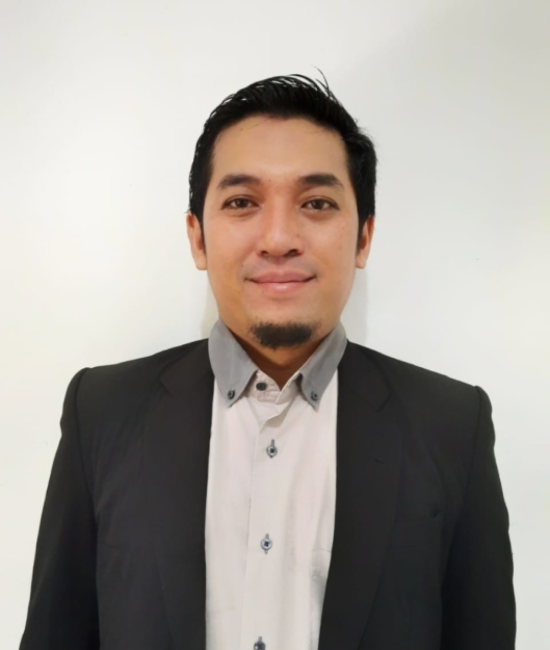
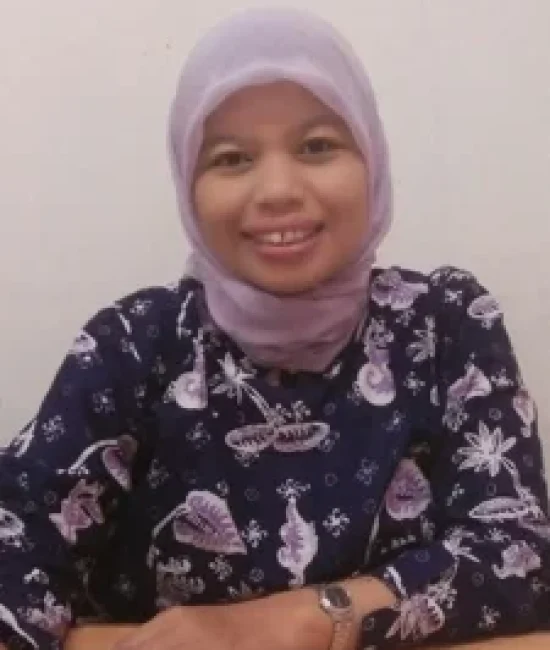
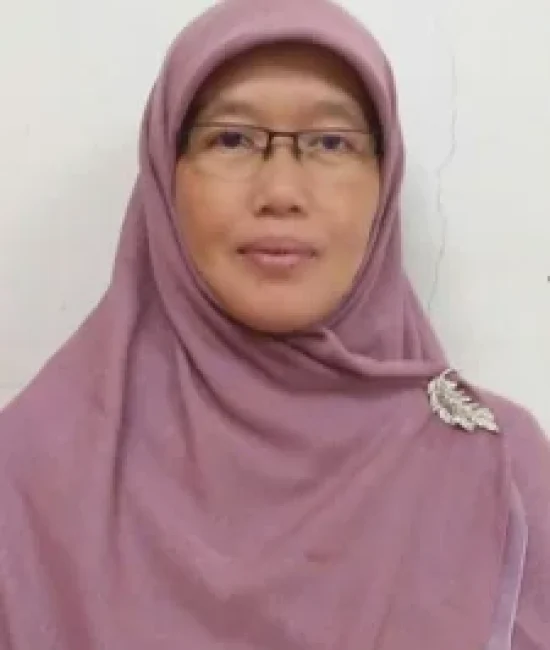
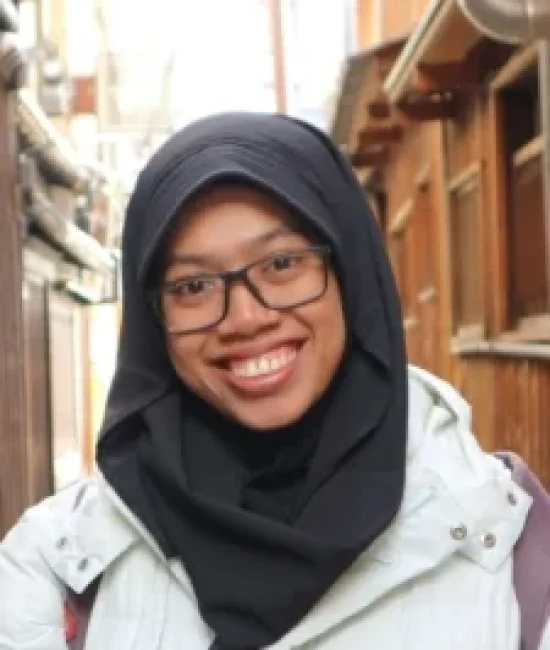
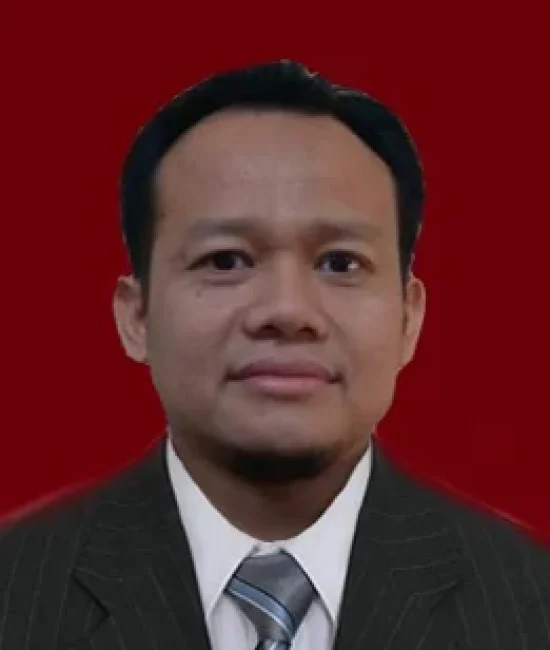
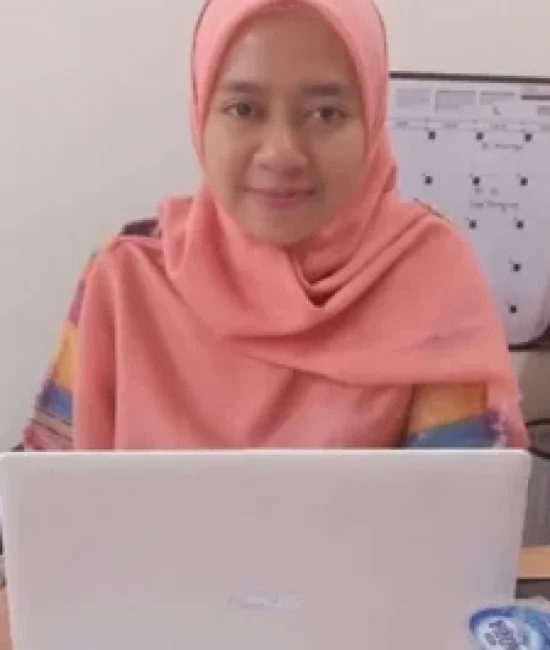
Copyright ©2024 Departemen Ilmu Ekonomi Syariah IPB by Garap Digital. All Rights Reserved.